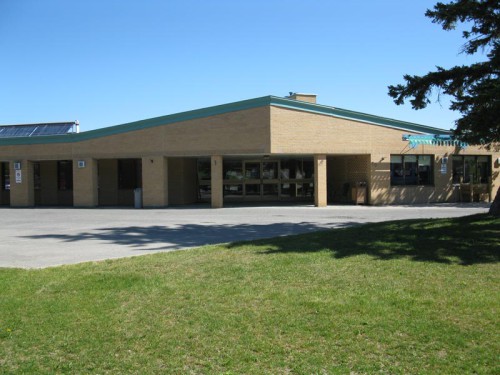Part V of a series on Indigenous dementia care
EDITOR’S NOTE: The breakthrough Canadian Indigenous Cognitive Assessment (CICA) tool is expected to revolutionize dementia diagnosis and care in aging Canadian Indigenous populations. It was developed here on Manitoulin Island. The Expositor will be exploring more aspects of the tool in future editions. To access the free CICA tool, visit i-CAARE.ca.
MANITOULIN—The Manitoulin-born Canadian Indigenous Cognitive Assessment (CICA) tool has now been validated and is ready for use for Anishinabek across the country, but the tool is still in its early stages—plans to create sister versions of the tool for different peoples within Canada are well underway and will make this tool an even more powerful asset to the populations who need it most.
“There’s so much interest in this tool from all over Canada and in the US as well; Minnesota has been pretty keen to start an adaptation study here so we’re working on putting together a grant proposal for that work,” said Dr. Kristen Jacklin, one of the original study leads on this project which has its roots in 2015.
Dr. Jacklin was a researcher at the Northern Ontario School of Medicine at the time and has since taken up a posting at University of Minnesota Medical School Duluth. The main First Nations represented in that area are Dakota, Oneida and Ojibwe, who would benefit from a tool specific to their lived realities.
Although the CICA offers a solid starting point and a considerably more appropriate entry to care than conventional, Western-focused cognitive assessment tools, there are significant differences between Inuit, Métis and within the category of First Nations as a whole. Having validated, culturally specific tools designed for the peoples that use them will lead to major advancements in care outcomes.
There are three places serving as test beds for validating the initial CICA tool.
“We’ve done the work on Manitoulin, so now we’re working with a group of First Nations in Saskatchewan that will be culturally different—not Anishinabek—and there’s also adaptation and validation happening in an urban setting in Alberta,” said Dr. Jennifer Walker, a professor and Canada Research Chair at Laurentian University who has focused on the validation and implementation of the CICA. Dr. Walker is Haudenosaunee, from Six Nations of the Grand River.
She echoed the sentiment that many First Nations in Canada have expressed a desire to implement a version within their community or their organization. The trial in Alberta is designed to address that and lead to the creation of a tool that is more directly transferable between peoples without needing adaptations in each case.
“In that setting, it’s a diverse urban Indigenous population where people could be from many different First Nations and they could also be Métis or Inuit. That might lead to a more generalized tool that’s not done in one specific language so people in urban settings can have access to a culturally appropriate tool as well,” said Dr. Walker.
This round of validation addresses important needs for the researchers: making the CICA more relevant for all Indigenous peoples in Canada and, in the process, putting that test to use.
“At this point, it’s most important for it to be used,” said Dr. Walker. “We’re turning our gaze to implementation—how does it work in practice, how is (the tool) impacting people’s access to dementia care and access to a good diagnosis?”
Dr. Jacklin said she had also received some interest from Inuit communities, but at the present time there is no funding to do that work. She said she hoped to secure that in the future.
The CICA is downloadable online, alongside training materials specifically designed for Anishinabek users. The researchers expect to conduct some in-person training sessions on Manitoulin Island as a thanks to the communities for supporting the development of the CICA. Dates for these sessions have not yet been shared.
The CICA is nearly equally as important as a dementia tool as it is a reminder that the healthcare system has inherent gaps that make care outcomes equal depending on who is using it. It also serves as a conversation starting point to begin to address other deficiencies within the system as a whole.
“There’s some really good awareness out there now that health systems are not always safe or appropriate for Indigenous people, but there’s lots of people working on that,” said Dr. Jacklin.
• • •
This has been the final installment in The Expositor’s coverage explaining the made-on-Manitoulin Canadian Indigenous Cognitive Assessment Tool and the impacts it is expected to have on health outcomes in Canada. The CICA is available free of charge for anyone, and it may be administered by anyone who completes self-guided training which should take no longer than one day.
To access the CICA, visit i-CAARE.ca/CICA. Search for ‘CICA’ on Manitoulin.ca for this newspaper’s full series on the groundbreaking new tool.





